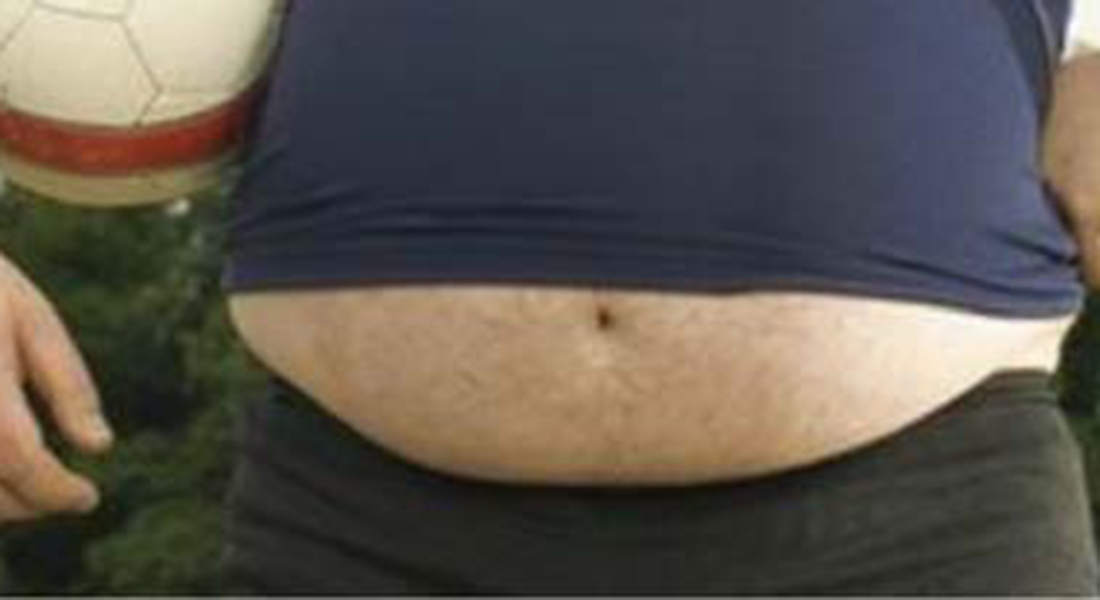PhD defence: The effect of football training and reduced activity on postprandial lipaemia in recreational players

Darren James Paul
PhD thesis
It is well known that exercise can attenuate the postprandial lipaemic response, however, many of these exercise training intervention may not be representative of the exercise habits of millions of people. Football is the most popular sport played worldwide by people of different age, gender, training experience and pathological status. The overall aim of this thesis was to examine the effects of playing football and reduced activity on postprandial lipaemia in recreational players.
In study I fifteen (7 normal weight, and 8 overweight) recreational football players played a 60-min 9-a-side football match or rested in a randomised counterbalanced cross-over design and returned the next day for bloods at baseline and 0.75, 2, 4 and 6 hrs. For study I the postprandial triglyceride incremental area under the curve was 31% lower in the normal weight group for the football compared to control trial and a discernible trend was shown for the overweight group (22 %).
In study II, fifteen males performed either one or three 60 min sessions across an 8-day trial period. On day 1, bloods were collected at fasted (0 min) and 0.75, 2, 4, 6 h postprandial a high fat meal. They were then randomly allocated to either the one football (day 7) or three football days (days 5, 6, 7). On day 8, they repeated the high fat load meal. Postprandial triglyceride incremental area under the curve were 41 % lower from pre to post trials for the one football and 15.7% lower for the three football.
In study III, and as a follow up to study II, participants arrived at the laboratory 10 h (day 1) and 34 h (day 2) after the last training session and blood samples were collected fasted (0 min) and 0.75, 2, 4, 6 h post a high fat meal. Activity profile, heart rate and rate of perceived exertion were recorded.
In this thesis we have shown that playing a 60 min football match can attenuate the postprandial triglyceride response in normal weight individuals and also benefit overweight individuals. We also found three consecutive days of football training does not offer any greater benefits than one session on postprandial triglyceride, but may benefit carbohydrate metabolism while three consecutive days of football training does not offer any greater protection for changes in postprandial triglyceride following a period of reduced activity compared to one sole session.
2021, 145 pages.
Time
25 November 2021, 14:00 CET
Venue
Online.
Opponents
Professor Lars Nybo (chair), Department of Nutrition, Exercise and Sports, University of Copenhagen, Denmark.
Professor Magni Mohr, University of the Faroe Islands, Faroe Islands.
Dr. Sarah Jackman University of Exeter, United Kingdom.
Supervisor
Professor Jens Bangsbo, Department of Nutrition, Exercise and Sports, University of Copenhagen, Denmark
Co supervisor
Georg Nassis, Associate Professor in Exercise Physiology, United Arab Emirates University, College of Education Department of Physical Education, Al Ain, Abu Dhabi, United Arab Emirates.
The thesis is available for inspection at the library, Nørre Allé 51, DK-2200 Copenhagen.
